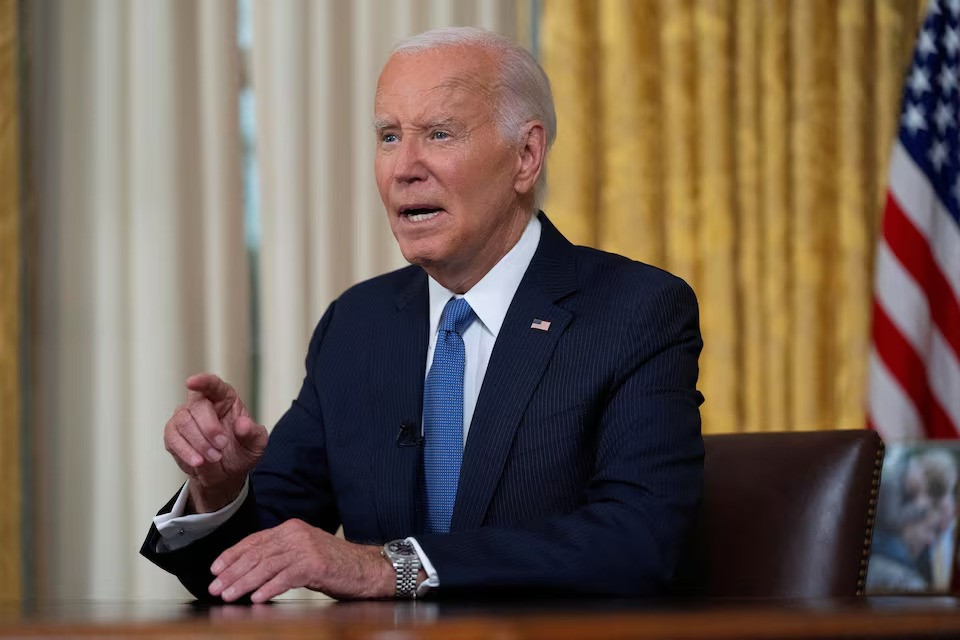-

-
-
Loading

Loading


US President Joe Biden signed a funding bill Saturday, averting a Christmastime government shutdown after negotiations in Congress went down to the wire overnight. Last minute legislative wrangling was brought about by incoming president Donald Trump, who along with influential billionaire Elon Musk, pressured Republicans to abandon an earlier bipartisan funding compromise. Lawmakers then spent several days trying to hammer out another deal, with massive halts to government services hanging in the balance. With the Friday midnight deadline already expired by minutes, senators dropped normal procedure to fast-track the new package to a vote, funding the government to mid-March. "This agreement represents a compromise, which means neither side got everything it wanted," Biden said in a statement. "But it rejects the accelerated pathway to a tax cut for billionaires that Republicans sought." The Democrats run the Senate, so there was never much doubt that the new funding package would get a rubber stamp after the party was crucial in helping the Republican majority in the House pass the bill earlier in the day on Friday. But with senators often dragging their feet over complex legislation, there were fears that the funding fight might spill into next week. That would have meant non-essential operations winding up, with up to 875,000 workers furloughed and as many as 1.4 million more required to work without pay. Congress's setting of government budgets is always a fraught task, with both chambers closely divided between Republicans and Democrats. President-elect Donald Trump and tech billionaire Musk, his incoming "efficiency czar," created much of the drama this time around by pressuring Republicans in an 11th hour intervention to renege on a funding bill they had painstakingly agreed with Democrats. Two subsequent efforts to find compromise fell short, leaving Republican House Speaker Mike Johnson at the last chance saloon as he spent much of Friday huddling with aides to find a way to keep government agencies running. If the funding bill had failed, non-essential government functions would have been put on ice. Employees in key services like law enforcement would have continued working but would only have been paid once government functions were back up. Many parks, monuments and national sites would have closed at a time when millions of visitors are expected. Lawmakers avoided all that holiday-season pain by funding the government until March 14 in a package that includes $110 billion in disaster aid and financial relief for farmers. But stripped from the original funding bill were pharmaceutical reforms, congressional pay raises and tightened restrictions on US investments in China -- the removal of which some Democrats tied directly to Musk, the CEO of Tesla. "Musk's ties to China and Tesla's significant investments in the country raise significant questions as to why he urged House Republican leadership walking away" from the original bipartisan deal, Representative Rosa DeLauro said in a letter to congressional leadership.
if you want to get more information about this news then click on below link
More Detail